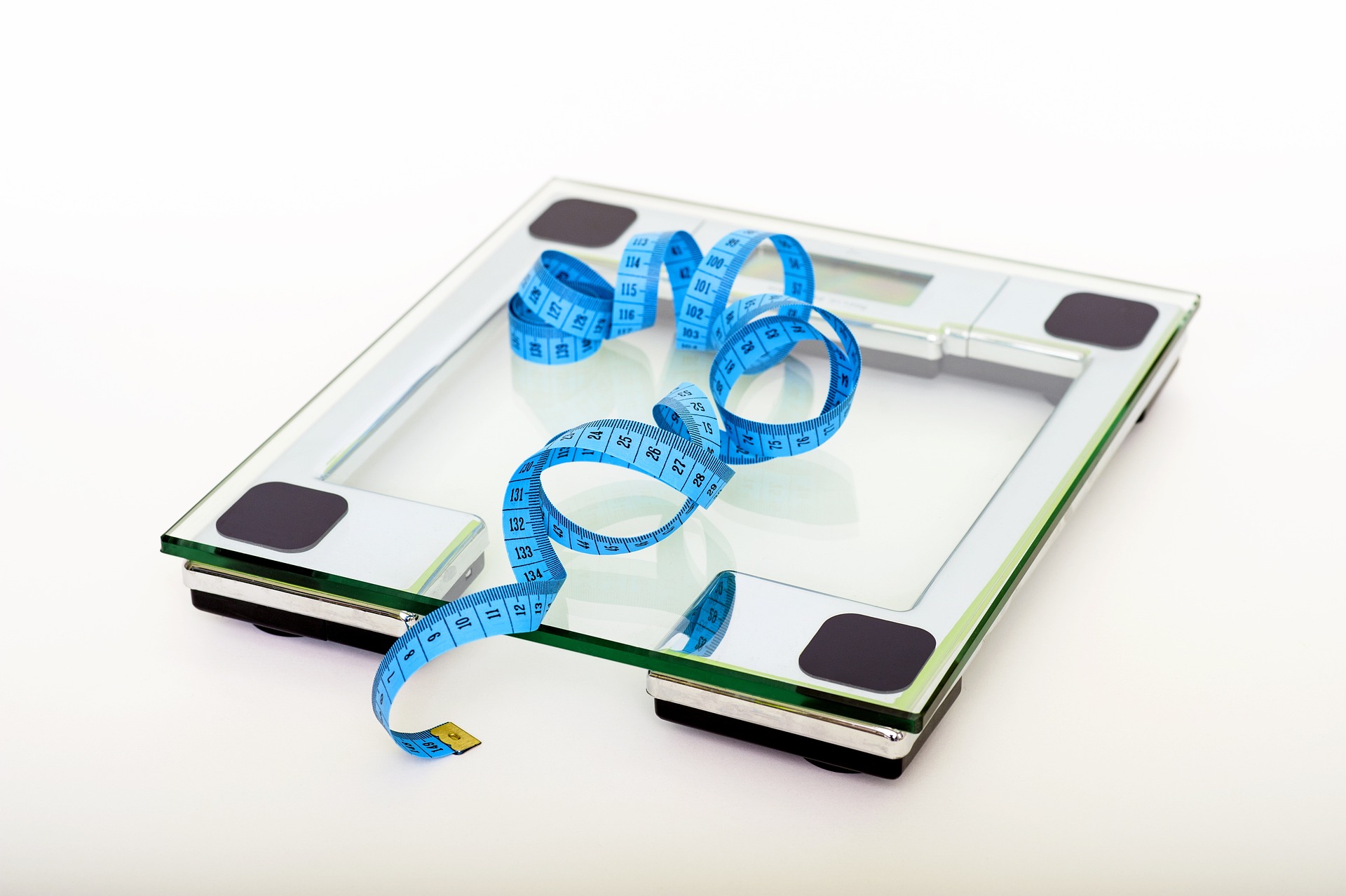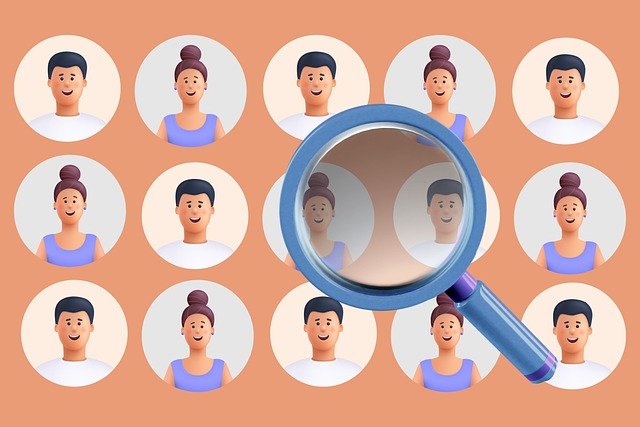Deciphering the Impact of Blue Light on Sleep Quality and Health
Blue light exposure from digital devices and artificial lighting has become a significant concern in our modern lifestyle. This high-energy visible light can disrupt our natural sleep-wake cycles, affecting everything from hormone production to immune function. Understanding how blue light influences our circadian rhythms and implementing effective strategies to minimize its negative effects can dramatically improve sleep quality and support long-term wellness goals.

Blue Light’s Impact on Sleep Quality and Overall Health
Blue light exposure from digital devices and artificial lighting has become a significant concern in our modern lifestyle. This high-energy visible light can disrupt our natural sleep-wake cycles, affecting everything from hormone production to immune function. Understanding how blue light influences our circadian rhythms and implementing effective strategies to minimize its negative effects can dramatically improve sleep quality and support long-term wellness goals.
How Blue Light Affects Sleep and Circadian Rhythms
Blue light wavelengths between 380-500 nanometers significantly impact our body’s production of melatonin, the hormone responsible for regulating sleep cycles. When exposed to blue light in the evening, our brain interprets this as daylight, suppressing melatonin production and keeping us alert when we should be winding down. This disruption affects our natural circadian rhythm, leading to difficulty falling asleep, reduced sleep quality, and compromised recovery processes during rest periods.
The Connection Between Blue Light and Wellness
Poor sleep quality caused by excessive blue light exposure creates a cascade of wellness issues throughout the body. Disrupted sleep patterns interfere with the body’s natural detox processes, impair circulation, and negatively affect hormone balance. When we don’t get adequate restorative sleep, our immune system weakens, making us more susceptible to illness and reducing our body’s ability to fight inflammation effectively.
Impact on Metabolism and Energy Levels
Blue light exposure, particularly during evening hours, can significantly disrupt metabolic processes. Poor sleep quality affects insulin sensitivity, glucose metabolism, and appetite-regulating hormones like leptin and ghrelin. This disruption can lead to weight gain, reduced energy levels during the day, and difficulty maintaining stable blood sugar levels. The body’s natural energy cycles become misaligned, affecting overall vitality and physical performance.
Blue Light’s Role in Stress and Inflammation
Chronic exposure to blue light, especially from screens, can elevate cortisol levels and increase overall stress responses in the body. This prolonged stress state promotes systemic inflammation, which has been linked to numerous health conditions including cardiovascular disease, diabetes, and accelerated aging. The combination of poor sleep and elevated stress hormones creates a cycle that can significantly impact longevity and overall health outcomes.
Nutritional Support and Antioxidant Protection
Certain nutrients and antioxidants can help protect against blue light damage and support healthy sleep patterns. Foods rich in lutein and zeaxanthin, such as leafy greens and colorful vegetables, provide natural protection for the eyes against blue light exposure. Magnesium supplements can support relaxation and improve sleep quality, while omega-3 fatty acids help reduce inflammation caused by disrupted sleep cycles. A balanced nutrition approach focusing on whole foods supports the body’s natural recovery mechanisms.
Mindfulness and Lifestyle Strategies for Prevention
Implementing mindful technology use and lifestyle modifications can significantly reduce blue light’s negative impact on sleep and health. Creating a digital sunset routine by avoiding screens 2-3 hours before bedtime allows natural melatonin production to resume. Using blue light filtering glasses or screen filters during evening hours can help minimize exposure while maintaining necessary device use. Establishing consistent sleep schedules and creating a dark, cool sleeping environment supports optimal rest and recovery.
Fitness and Recovery Considerations
Poor sleep quality resulting from blue light exposure directly impacts athletic performance and exercise recovery. During deep sleep, the body releases growth hormone, repairs muscle tissue, and consolidates the benefits of physical training. When blue light disrupts these processes, fitness goals become harder to achieve, and the risk of injury increases. Prioritizing sleep hygiene and minimizing evening blue light exposure can significantly enhance training outcomes and overall physical performance.
Managing blue light exposure requires a comprehensive approach that addresses both environmental factors and lifestyle habits. By understanding the science behind blue light’s impact on our circadian rhythms and implementing practical strategies to minimize evening exposure, we can support better sleep quality, improved wellness, and enhanced longevity. The key lies in creating balance between our modern digital lifestyle and our body’s natural biological needs.
This article is for informational purposes only and should not be considered medical advice. Please consult a qualified healthcare professional for personalized guidance and treatment.






